Allow me to get really graphic and gross with you -for good reason- by using an analogy I often give clients. Sometimes, life throws a bucketload of poo over you. It just does. You didn’t ask for it; you don’t want it; you didn’t expect it; you believe it’s not fair; you don’t like it. Yet it happened. And now you stink. Badly. You notice it; people around you notice it. It’s not good. You feel pretty bad about it all. And this may have happened recently, or long(er) ago. But you still smell the effects.
This is the state in which many clients come to my office; covered in poo. And they stink. The -totally understandable- brief they have for me is: I feel really bad about stinking. Help me get rid of these bad feelings, please.
You may have noticed an odd transition that happens quite subtly, yet has a major impact: a shift from the stink itself to the feelings about the stink. And that’s where it gets problematic for many people, as we have a tendency to make this shift. I’ll explain -and we’ll swap stink for real-life issues from this point.
Say that you have had a number of bad experiences over your life when it comes to trusting people, which led you to feeling quite suspicious about human interactions. The last decade has been pretty ok, but now you’ve run into another situation where your trust was betrayed, and all your feelings from the past come flooding back. You feel really miserable, depressed, lonely, and anxious about it happening again. And you come to me because you want to feel better.
The feelings you are experiencing, oddly enough, are not the problem per se. They are understandable and natural responses to being betrayed again. Obviously, we can speak about those feelings, how to be present with them, and how to apply techniques that can mitigate the effects of them on your life. And sometimes they will need proper attention, especially when they are really intense! We wouldn’t be talking about trying to get rid of them, though. That would be 1) impossible and 2) not smart. We need our emotional apparatus to guide us through life, nasty as some of these emotions can feel.
The actual “context” that led to you feeling the way you feel IS the problem! What has happened? How did you interact? Who else was involved? What was your intention? What were the other people’s intentions? How have you responded to situations like this before? What is your “default” way of dealing with this, or similar situations? Do you attack? Do you run away? Do you freeze? And then: what could have been done differently? What can you differently next time? What lessons can you take from this? How were you stronger than before? Etc. etc.
This is where values, boundaries, principles and new behavioural and thinking styles can come in. And they are absolutely worth exploring. To live life more in line with your values, to experience a richer, fuller life where all emotions are welcome (because every emotion and feeling serves a purpose!), that is where the biggest gains can be made.
The point I am aiming to make in this article is that we can definitely work with our feelings and emotions, and learn to work through them or make them less intense or impactful by applying mindfulness approaches or other body-based therapies. The “real work”, the work that will have a greater chance of improved life situations and better feeling emotions and feelings has a different aim: To be the person who shapes your life and comes up with better ways of living; to make it richer; to make it worth living (no matter what), to make it interesting and fascinating enough regardless of circumstance. That’s the premise behind Acceptance and Commitment Therapy and many Mindfulness-based approaches, and I’ll delve more deeply into this in the second instalment of this topic (next month!).
For now, an easy reminder for many people is: “my feelings are not the problem; the problem is the problem.” How to deal with both the feelings AND the problem will be discussed in next month’s article.




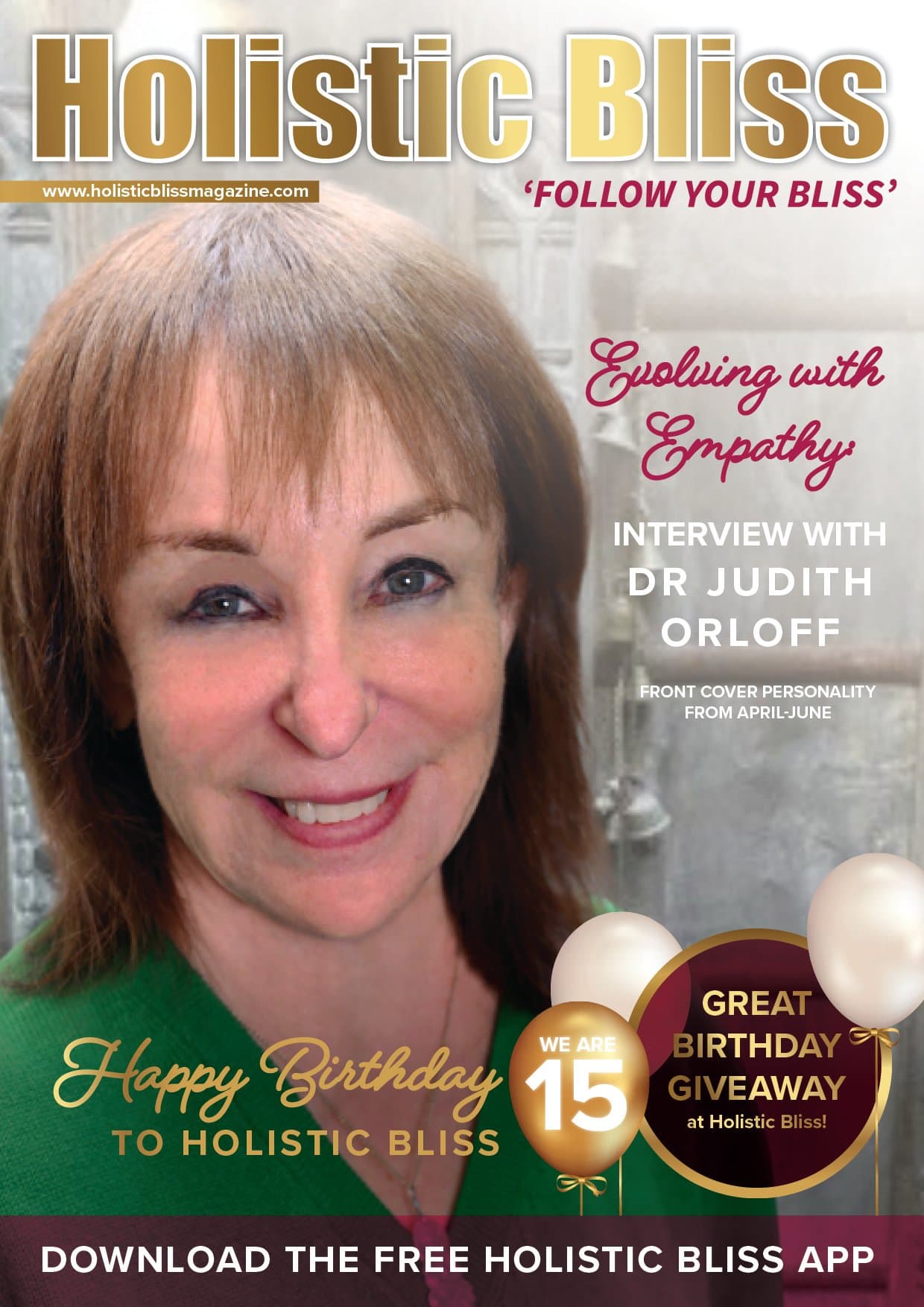
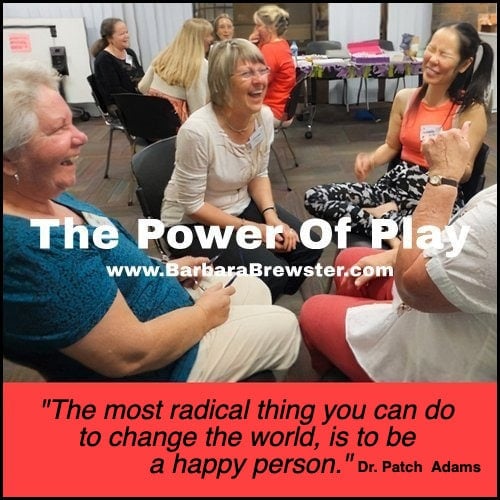
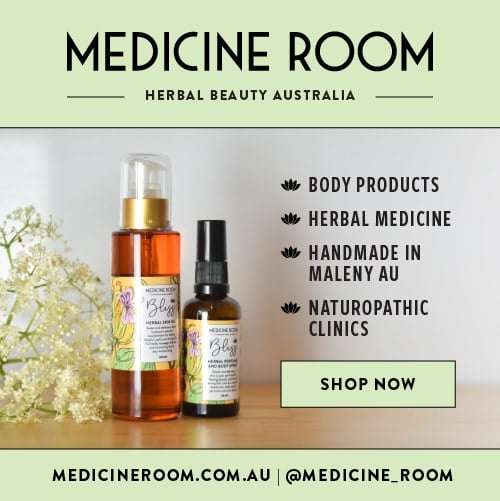
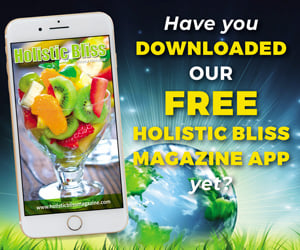
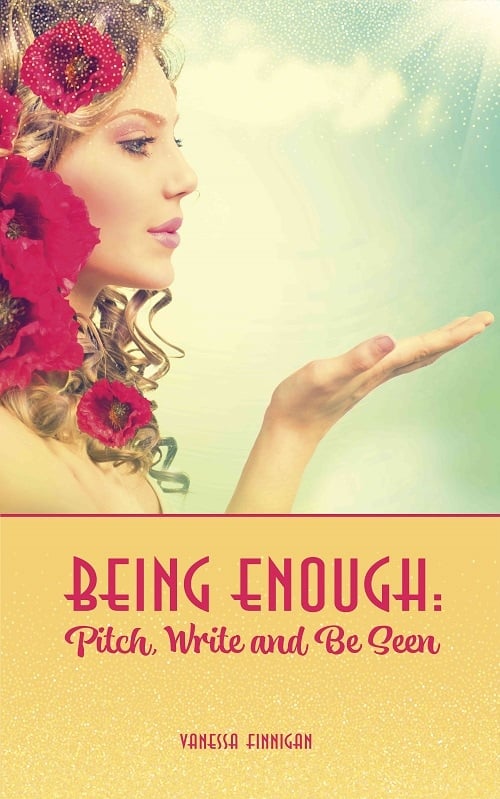

Add comment